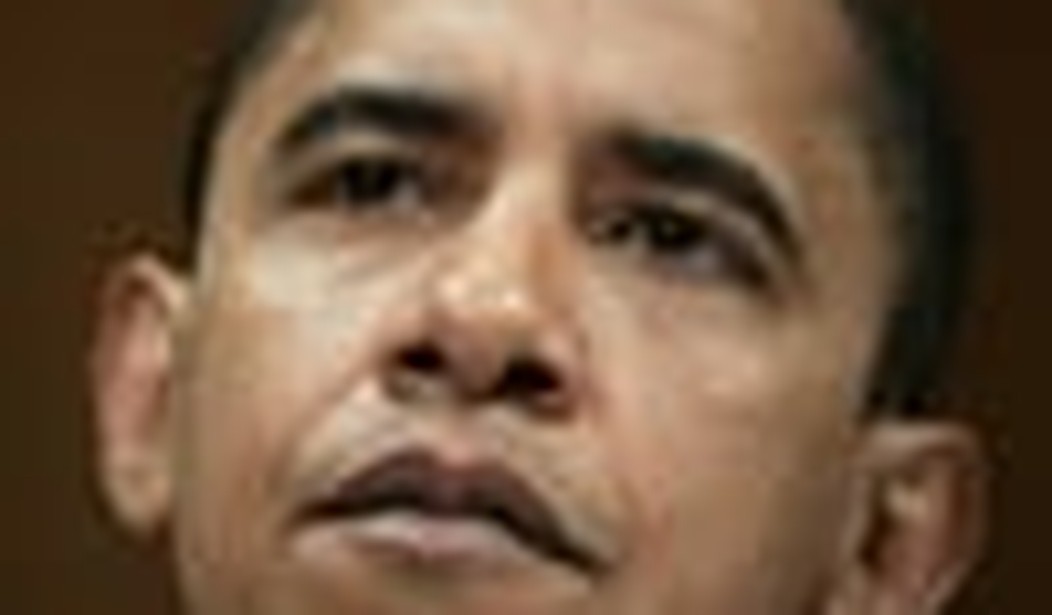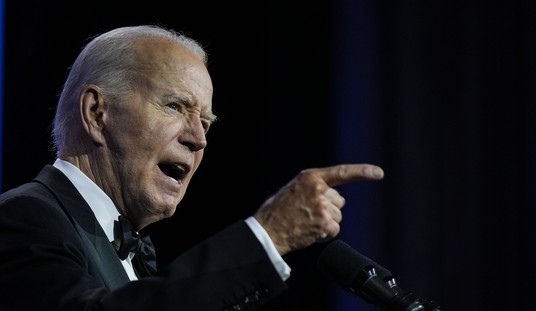Barack Obama wants people to believe he is a “Washington outsider” who will “change” the way D.C. works. His selling points are that he decries lobbyists and special interests, says his campaign is responsible “to no one but the people,” asserts he has the ability to “get things done,” claims his 2002 anti-Iraq war speech was “courageous” and proved he has good judgment when it comes to walking against the political winds, has made a focal point of his campaign his commitment refocusing the US’ attention Afghanistan, and downplays the “experience” argument by suggesting that Washington experience is the “wrong” type of experience the country needs right now.
That’s his campaign spin. Now here are the facts:
1) On not taking money from DC lobbyists and special interest PACS: This is the type of double-talk “politics of the past” rhetoric he rails against. While his claim is technically true, what he does do is take money from state lobbyists and other big money contributors who have substantial lobbyist machines in DC, like law firms and corporations. In April 2007, the LA Times quoted the Campaign Finance Institute’s Stephen Weissman as pointing out that the distinction Obama makes on lobbyist money is meaningless: “He gets an asterisk that says he is trying to be different. … But overall, the same wealthy interests are funding his campaign as are funding other candidates, whether or not they are lobbyists.” The Capital Eye reported that “[a]ccording to the Center for Responsive Politics, 14 of Obama’s top 20 contributors employed lobbyists this year, spending a total of $16.2 million to influence the federal government in the first six months of 2007.” Obama’s no stranger to being influenced by those campaign donations, either.
2) His ability to “get things done”: Sure he has it, if you consider that every bill he passed as a State Senator was passed his last year in office by a Democrat-controlled legislature. Also, some of the more high profile accomplishments he cites now like the racial profiling/videotape confession legislation were bills where a lot of the legwork had been done by other Democrats in the legislature years prior when it was controlled by Republicans, but were given to Obama by his kingmaker, Senate president Emil Jones, Jr. in order for him to make the “close” (where he often did). When asked about this by the Houston Press’ Todd Spivak, State Senator Rickey Hendon replied, “I don’t consider it bill jacking. … But no one wants to carry the ball 99 yards all the way to the one-yard line, and then give it to the halfback who gets all the credit and the stats in the record book.” This isn’t to suggest that Obama’s achievements in the state senate are totally without merit, but instead to point out they weren’t all done by his leaping tall buildings in a single bound. He had a lot of help from Democrats. Consider this, too: if he wins, he will have a solid Democrat Congress to work with, so the only “reaching out” he’d have to do would be to the few moderate Republicans who have already proven themselves all too eager to vote with liberal Democrats.
3) His courage: Contrary to a recent hyperbolic campaign ad, it wasn’t “courageous” to give his 2002 anti-war speech, primarily because he delivered it at an anti-Iraq war rally. At the last debate, America’s former co-president claimed that it was easy to give that speech, and it wasn’t a gamble for him because he wasn’t in the US Senate and therefore wasn’t in a position of responsibility. Obama’s impassioned reply was, “I was in the midst of a U.S. Senate campaign. It was a high-stakes campaign.” Wrong. In reality, Obama did not announce his intentions to run for the US Senate until January 2003.
4) Experience: He downplays the question now, but after he was elected to serve in the US Senate in 2004, he was questioned about running on a national ticket. His response was, “I am a believer in knowing what you’re doing when you apply for a job. And I think that if I were to seriously consider running on a national ticket I would essentially have to start now, before having served a day in the Senate. Now, there are some people who might be comfortable doing that, but I’m not one of those people.” A little over a year later, he definitively stated he would not run for president, and wanted to serve out his full Senate term.
5) His “commitment” to Afghanistan: He believes the US “took its eye off the ball” when we went into Iraq, and promises to refocus on Afghanistan as president. The reality is that since Obama began chairing the Senate Foreign Relations Committee’s Subcommittee on European Affairs in January 2007, not a single policy hearing has been conducted on anything, Afghanistan or otherwise. When Clinton brought this up at the Cleveland debate, Obama conceded, “I became chairman of this committee at the beginning of this campaign. … So it is true that we haven’t had oversight hearings on Afghanistan.” ‘Nuff said.
Does all this mean that Obama is an evil person? Of course it doesn’t. By many accounts, Obama is a likable friendly guy, even when he’s not causing supporters to faint when he speaks. He’s someone you could play poker with, even if you’re not a state lobbyist pal. And he probably does care about the “little guy” — even though he wants to “help” him at the expense of everyone else. All this means that Obama is a mere mortal, a man who is not unlike most other politicians when it comes to, well, playing politics. And while the national media’s mostly given him a free ride the last year or so, if Monday’s combative press conference is any indication, soon he may be wishing he really was a Washington outsider — literally.
Sister Toldjah is a freelance writer who blogs at SisterToldjah.com









Join the conversation as a VIP Member